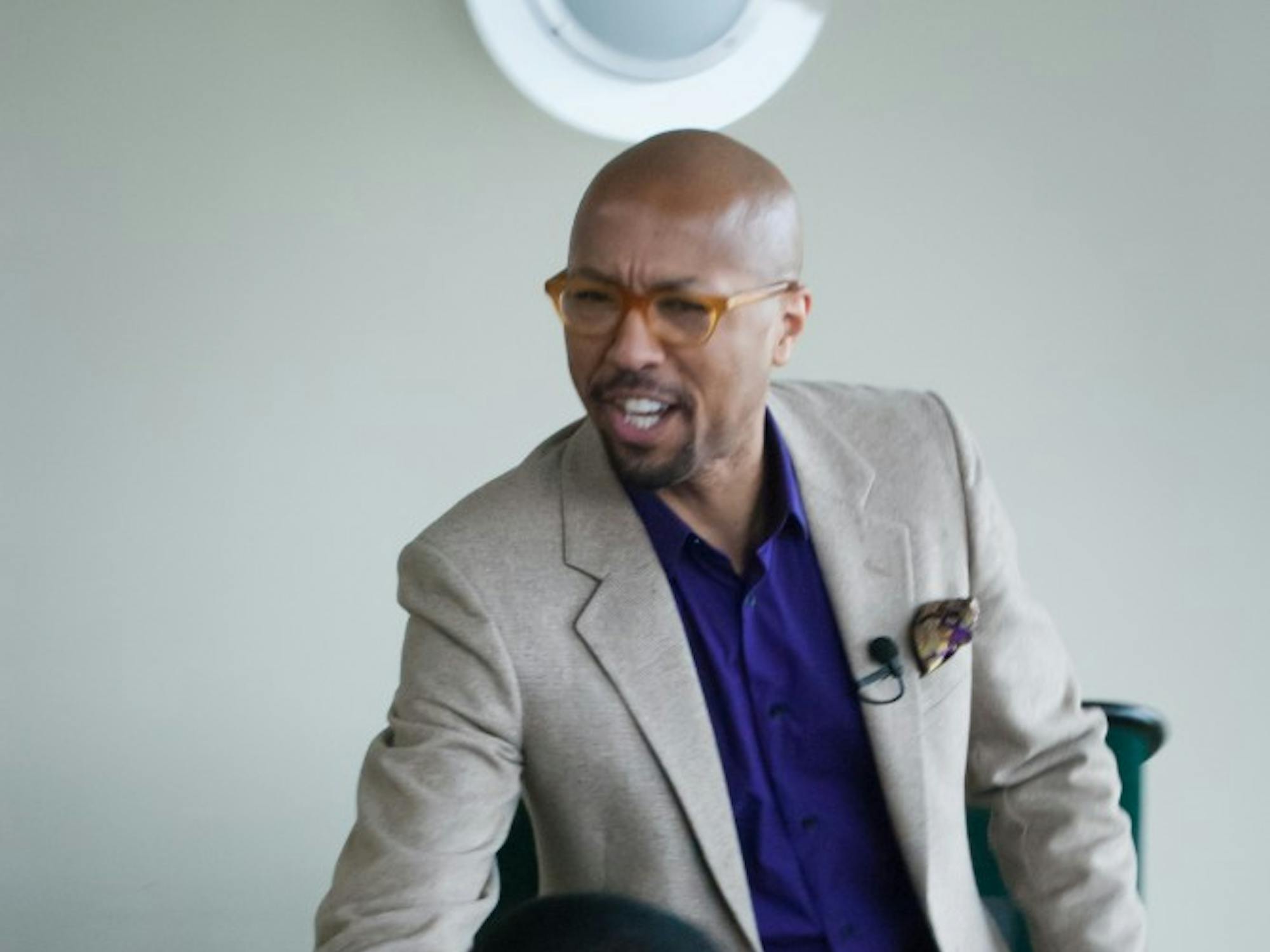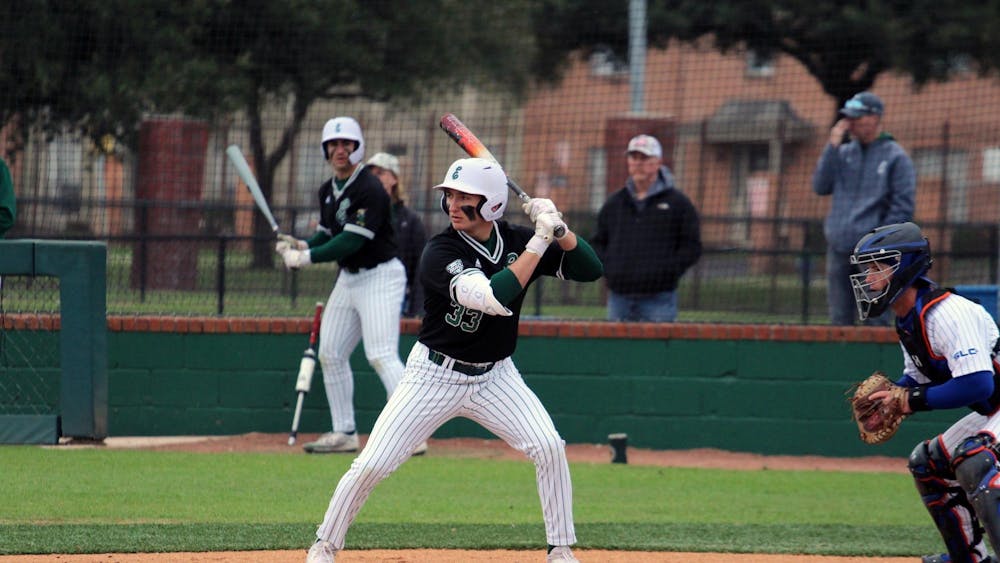Detroit City Council President Charles Pugh spoke Tuesday at Eastern Michigan University to a small group of students. The lecture was hosted by EMU’s Public Relations Student Society of America. Pugh told stories of what he learned both as a former journalist and from his current public relations experiences, and gave practical advice that went beyond the world of public relations.
Above all, Pugh stressed the importance of building relationships.
“The best thing you can learn as a future journalist or a future PR practitioner is to develop relationships,” he said. “If there’s nothing that comes out of this talk today, know that the relationship outside of the assignment you have, that is what will make you successful.”
To the journalists in the room, he said, “stories come and go.”
“If you’re going to screw that relationship in the name of this one story,” he said. “I don’t know if you’ve made the right choice.”
Pugh advised the future PR professionals to connect with journalists.
“Know these people. Know if they’re married. Know if they’re gay or straight. Know if they have children. Know something about them,” he said. “That’s important, because when you need them … that personal relationship can go a long way.”
Pugh told stories of his career as a reporter including covering a plane crash, and also told of stories of the death of his brother in the media. He used his personal experiences to encourage compassion in reporting to the public.
“I know how delicate it is when you’re giving information,” he said. “This is real. When you’re writing your press releases or writing your stories, know that. Real people are being impacted by this real information.”
Whether seeking to get information out, stories covered or even to get jobs and internships, Pugh agreed with a student in the audience who said the goal was to be memorable.
“Send cookies, bagels, fruit, lunch, dinner,” he exclaimed. “We will take the tickets — bring them. I have some warm bagels, and guess what, a press release.”
Pugh also responded to questions regarding ethics.
“Take the free lunch and still write the bad story. Don’t be bought,” he said. “I think what’s being paid for is the personal relationship, and not positive news coverage. I’m a journalist who realizes that even people you know, sometimes you have to tell a story that they may not like, but it’s better to have a relationship with that person.”
He also advised the public relations students to get their own information out as much as possible, especially through social media tools like Facebook, Twitter and YouTube.
“A PR person who is worth their weight in diamonds is a person who has constant stories coming out of them. Pretty much come up with the story [for the journalists]. Write that down,” he directed the group. “Write the story for them.”
Pugh closed the lecture by giving advice to the few high school students in attendance.
“You’ve got to be able to relate to people who are the exact opposite of you, not judge them, and take their information and put it back out,” he said. “Read everything. Don’t just read stuff that you’re interested in, read something that will stretch your brain.”
Pugh summed up the goal of both public relations professionals and journalists as honesty.
“In a perfect world, let’s get to the truth. Let’s stick to the truth,” he said.









